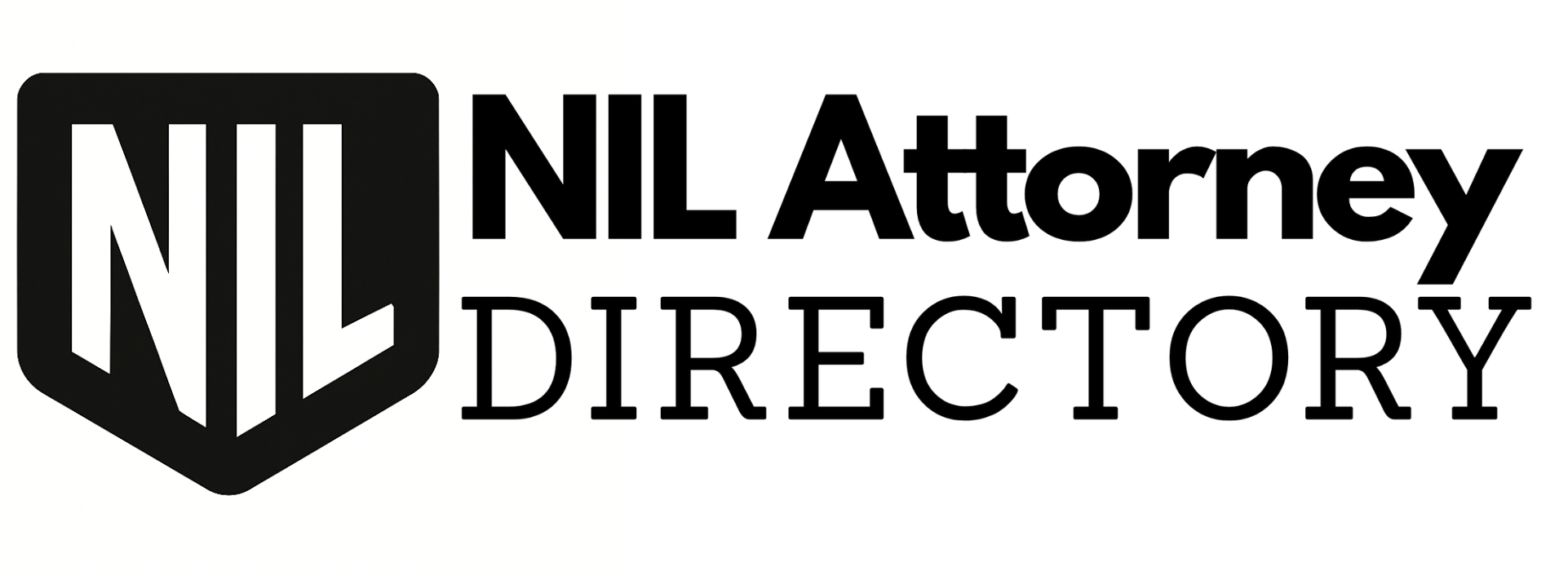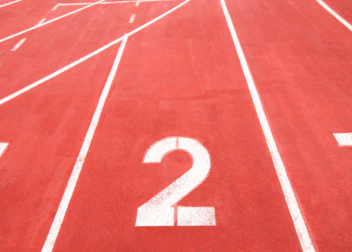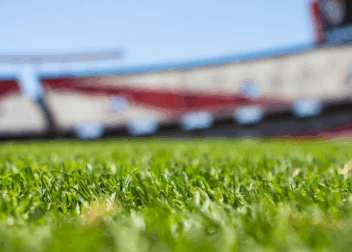Dispute Resolution: How Attorneys Step In When NIL Deals Go Wrong
Handling Broken Contracts and Conflicts
NIL deals can be life-changing for student-athletes, but like any business agreement, not every deal goes as planned. Payments can be missed, obligations may be unclear, and disagreements can quickly turn into conflicts. For athletes who depend on NIL income and reputation, these disputes can be stressful and even damaging to their future.
That’s where NIL attorneys play a critical role. When contracts break down, attorneys step in to protect athletes’ rights, negotiate resolutions, and, if necessary, fight for fair outcomes.
Common NIL Disputes Athletes Face
Even well-negotiated contracts can lead to disagreements. Some of the most common NIL disputes include:
- Nonpayment or Late Payment: A brand fails to pay the agreed amount or delays payment without cause.
- Breach of Contract: One side doesn’t fulfill their obligations—such as an athlete missing appearances or a company failing to provide promised resources.
- Ambiguous Terms: Contracts written with vague language can lead to different interpretations of what was promised.
- Use of Image Without Permission: Companies continue using an athlete’s name, photo, or likeness after a contract expires.
- Termination Conflicts: Disputes over whether a contract can be ended early and under what conditions.
How Attorneys Resolve NIL Disputes
Attorneys bring structure and protection to disputes that athletes often feel pressured to handle alone. They use several strategies, depending on the situation:
- Negotiation
Attorneys open communication with the other party to resolve issues quickly and privately. Many disputes can be settled through a renegotiated agreement. - Mediation
If negotiation stalls, attorneys may recommend mediation, where a neutral third party helps both sides reach a compromise without going to court. - Arbitration
Some contracts require arbitration instead of litigation. Attorneys prepare and represent athletes in this process, ensuring their interests are defended. - Litigation
When necessary, attorneys file lawsuits to enforce contracts, recover damages, or stop misuse of an athlete’s image. Litigation is typically a last resort but can be crucial in high-stakes disputes.
Why Athletes Shouldn’t Handle Disputes Alone
Without legal guidance, athletes risk:
- Losing money owed under the contract.
- Being pressured into unfair settlements.
- Violating NCAA or school compliance rules in the process.
- Damaging their reputation with future sponsors or brands.
An attorney not only defends athletes legally but also shields them from unnecessary stress and public fallout.
Preventing Disputes Before They Start
The best way to handle disputes is to prevent them. Attorneys reduce the risk of future conflict by:
- Drafting and reviewing contracts with clear, enforceable terms.
- Setting up dispute resolution clauses in advance.
- Educating athletes on their rights and obligations before signing.
By involving an attorney early, athletes can avoid many of the pitfalls that lead to broken deals.
The Bottom Line
NIL contracts come with real benefits—and real risks. When deals go wrong, attorneys provide the legal muscle to resolve disputes and protect athletes’ rights. From negotiation to litigation, their role is to make sure athletes aren’t taken advantage of and can move forward with confidence.
For student-athletes, the message is clear: NIL isn’t just about signing deals, it’s about protecting yourself when those deals don’t go as planned. An attorney is your best defense when conflicts arise.


